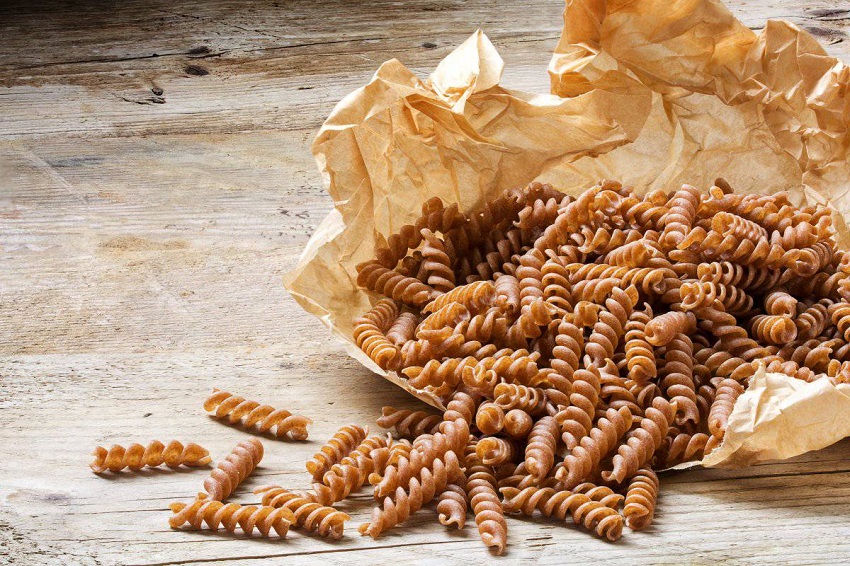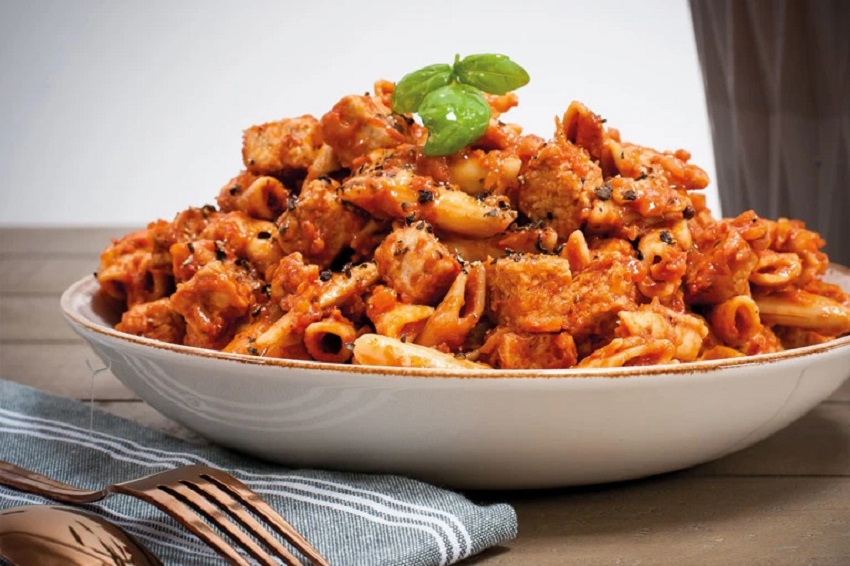
26 Jul Is Pasta Good for You? Unraveling the Nutritional Truth
Indulging in a steaming plate of pasta has become a beloved culinary experience for millions worldwide. The tantalizing aroma of fresh pasta, whether coated in rich tomato sauce or drenched in creamy alfredo, has the power to transport us to moments of comfort and joy. However, amid the delightful gustatory journey, many ponder a crucial question: Is pasta actually good for our health? In this article, we’ll delve into the nutritional aspects of pasta, exploring its benefits, potential drawbacks, and how it can fit harmoniously into a balanced diet. This article is provided by smartpastamaker.com
The Nutritional Breakdown of Pasta
Let’s start by breaking down the essential components of pasta:
Carbohydrates – The Energy Source
Pasta is primarily composed of carbohydrates, which serve as our body’s primary source of energy. Complex carbohydrates found in pasta are digested slowly, providing a steady and sustained release of energy throughout the day. This slow digestion helps avoid rapid spikes in blood sugar levels, making pasta a favorable choice for those seeking steady energy levels. Explore the battle of pasta vs pizza.
Protein – Building Blocks of Life
While pasta is not particularly high in protein compared to other food sources, it still contributes to our daily protein intake. When combined with protein-rich ingredients such as lean meat, beans, or legumes, pasta can form a complete and balanced meal, promoting muscle repair and growth.
Fiber – Aiding Digestion
Whole-grain pasta varieties are a fantastic source of dietary fiber. Fiber aids in digestion, promotes a healthy gut environment, and can help prevent constipation. It also contributes to a feeling of fullness, potentially reducing overall calorie intake.
Vitamins and Minerals – Nourishing the Body
Pasta contains essential vitamins and minerals like B-vitamins, iron, and selenium, which play crucial roles in maintaining various bodily functions. These micronutrients support energy production, immune function, and red blood cell formation.
Health Benefits of Pasta
Sustainable Energy Source
As mentioned earlier, pasta’s slow-digesting carbohydrates provide a reliable and sustainable source of energy, making it an ideal option for athletes and those with active lifestyles.
Heart Health
When consumed in moderation and combined with a balanced diet, pasta can be part of a heart-healthy eating pattern. Whole-grain pasta, in particular, has been associated with a reduced risk of heart disease due to its fiber content.
Weight Management
Contrary to popular belief, pasta can be a valuable ally in weight management efforts. The slow release of energy from complex carbohydrates can help control hunger and prevent overeating.
Versatility and Creativity
Pasta is incredibly versatile, accommodating a myriad of flavors and ingredients. This adaptability allows individuals to create nutritious and delicious meals, incorporating an array of vegetables, proteins, and healthy fats.
Overcoming Pasta’s Potential Pitfalls
Portion Control Matters
While pasta itself isn’t inherently unhealthy, portion control is essential. Overindulging in large portions can lead to an excessive calorie intake, which may contribute to weight gain over time. Moderation is the key to enjoying pasta as part of a balanced diet.
Choosing the Right Type of Pasta
Opting for whole-grain or whole-wheat pasta over refined varieties ensures higher fiber content and a lower glycemic index. The latter can help stabilize blood sugar levels and improve overall health.
Watch the Sauce
Pasta dishes often come with rich sauces that can be high in fat, sodium, and added sugars. Be mindful of the type and amount of sauce used to keep the overall meal nutritious.
Pasta and Dietary Restrictions
Gluten-Free Alternatives
For individuals with gluten intolerance or celiac disease, gluten-free pasta made from rice, corn, or quinoa offers a delicious and safe alternative.
Vegan and Vegetarian Choices
Pasta provides an excellent base for vegan and vegetarian meals, easily complemented with plant-based proteins, vibrant vegetables, and flavorful sauces.
In conclusion, pasta is not the dietary demon it’s often made out to be. When enjoyed in moderation and combined with nutrient-rich ingredients, pasta can be a delicious and healthy addition to any diet. Opting for whole-grain varieties ensures higher nutritional value and can contribute to better heart health and weight management. Remember, a balanced and varied diet is key to overall well-being, and pasta can certainly play a role in achieving that balance.

Sorry, the comment form is closed at this time.